With nearly 80 years of history of formation and development, the United Nations is now the leading important multilateral forum for countries to dialogue and promote solutions to regional and global issues.
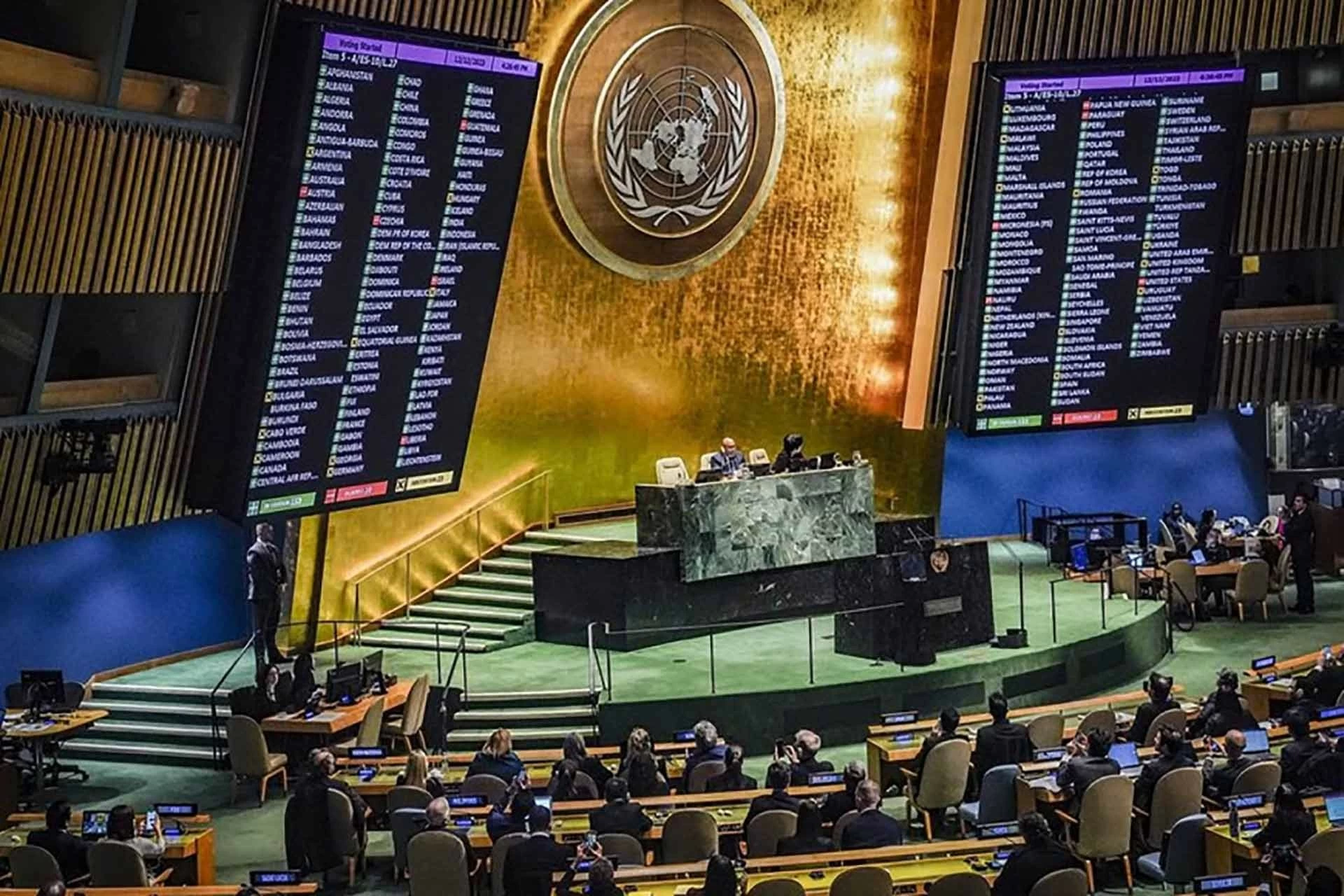 |
| Opening session of the 79th Session of the United Nations General Assembly, September 10 in New York. (Source: UN) |
The United Nations (UN) is the world's largest intergovernmental organization, established on October 24, 1945 with 51 original members. Currently, the UN has 193 official members with the mission of maintaining international peace and security, promoting friendly relations between nations, achieving international cooperation and acting as a center for harmonizing international efforts towards common goals.
The UN is headquartered in Manhattan, New York City, United States, and has branch offices in Geneva, Switzerland, Nairobi, Kenya, Vienna, Austria, and The Hague, Netherlands.
United Nations General Assembly
The UN consists of six main organs: the General Assembly, the Security Council, the Economic and Social Council, the Trusteeship Council, the International Court of Justice and the UN Secretariat. The UN General Assembly is the main organ, consisting of all member states, with the function of representing, discussing and formulating policies for the UN. The first session of the General Assembly was convened on January 10, 1946 at the Methodist Central Hall in London, UK with representatives of 51 countries. Today, the General Assembly meets annually under the chairmanship of the President or Secretary-General of the UN at the General Assembly building in the UN headquarters in New York City, USA.
The main tasks of the General Assembly are to decide on the UN budget, elect the non-permanent members of the Security Council, and elect the UN Secretary-General. The General Assembly votes by ballot, with each member state having an equal vote. Most issues are decided by the General Assembly by majority vote. For some important issues (recommendations on peace and security; the budget; and the election, admission, suspension, or expulsion of member states), decisions require a two-thirds majority of the member states present and voting.
With the exception of budgetary matters, including the contribution table, General Assembly resolutions are non-binding. The General Assembly can make recommendations on all matters within the UN's competence, except peace and security matters, which are the responsibility of the Security Council. UN Secretary-General Antonio Guterres said the UN General Assembly is an indispensable mechanism and a key pathway towards a peaceful and equitable future for all.
On September 10, the 79th session of the United Nations General Assembly opened its first plenary session, which is scheduled to last until September 30. The 79th session of the United Nations General Assembly is expected to mark an important milestone in the international community's efforts to accelerate progress towards the completion of the 17 Sustainable Development Goals (SDGs).
Future Summit
One of the most important UN events in 2024 is the Future Summit, taking place from September 22-23 with the theme "Multilateral solutions for a better future".
This is an opportunity for world leaders to discuss a range of pressing global issues, reaffirm their commitment to the SDGs and the UN Charter, strengthen cooperation and lay the foundations for a re-energized multilateral system. The conference aims to create a Future Compact that will strengthen global cooperation and respond effectively to challenges for the benefit of all.
The conference is organized with the aim of promoting the implementation of the 2030 Agenda for Sustainable Development and climate goals, unifying solutions to global challenges, and strengthening global governance. In addition, the General Debate of the UN General Assembly (September 24-30) with the overarching theme of "Leaving no one behind: Working together to promote peace, sustainable development and human dignity for present and future generations" aims to enhance international cooperation and consolidate multilateralism in which the UN is at the center, providing global solutions, towards building a better future for humanity.
The Future Summit is expected to adopt documents that will guide the activities of the UN system in the coming time. The series of documents of the Summit is considered the most comprehensive in nearly 20 years since the UN Summit in 2005, covering all areas of cooperation at the UN from development, peace and security, to new areas such as digital cooperation, youth and future generations.
The Future Summit is not only the most important multilateral event of the UN in 2024 but also has historical significance for the role, mission and activities of the UN in the coming time. Therefore, the preparation process for the conference lasted nearly two years with a comprehensive and extensive agenda for leaders of countries to discuss and propose solutions to respond to global challenges, set out a strategic vision for the UN, orient future development, towards building a more peaceful, prosperous, equitable and sustainable world for humanity.
The Conference has received great attention from all member countries. To date, more than 150 heads of state and government have registered to attend and speak during the Conference. In addition to the plenary session, there are hundreds of events on the sidelines of the Conference organized by countries, international organizations, and non-governmental organizations to respond to and spread the main themes and messages of the Conference.
Global call
Ahead of the Future Summit, the Global Call for the Summit event, initiated by Namibian President Nangolo Mbumba and German Chancellor Olaf Scholz, the two countries co-chairing the negotiation process of the Summit documents, was held online on September 12.
UN Secretary-General Antonio Guterres, President of the 79th UN General Assembly Philemon Yang, and nearly 50 heads of state and government sent messages, creating momentum and political commitment at the highest level ahead of the Summit. Leaders of UN member states affirmed their strong support for the Future Summit and expected the summit to reach consensus on concrete solutions and actions to strengthen peace, cooperation and accelerate progress towards the SDGs.
Speaking at the Global Call for the Future Summit, UN Secretary-General Antonio Guterres said that member states are in the final stages of negotiations on three agreements to be adopted at the Future Summit, namely the Compact for the Future, the Global Digital Compact and the Declaration on Future Generations.
The UN chief called on member states to push forward the deepest reforms and most meaningful actions possible. He stressed that “the challenges we face are moving much faster than our ability to address them.” At the same time, the UN Secretary-General affirmed that “the challenges of the 21st century require mechanisms to address the problems of the 21st century. The Future Summit is therefore an important step in the journey to build stronger and more effective multilateralism.”
In response to the Global Call for the Future Summit, the General Secretary and President sent a video message to the event. The message not only expressed Vietnam's desire for the Summit to bring new thinking and ways of doing things for the future of the world, but also conveyed Vietnam's proposals for the contents that need to be discussed and agreed upon at the Summit.
Over the years, Vietnam has persistently and actively implemented a foreign policy of independence, self-reliance, multilateralization, diversification, proactive and active international integration, and proactively participated in the common efforts of the United Nations in resolving regional and international peace and security issues.
From a country that had no name on the world map, suffered much pain, loss and severe consequences of war, poverty and backwardness, Vietnam has transformed itself into a dynamically developing country, with political and social stability, constantly improving people's lives, proactively making positive and increasingly substantial contributions to the activities of the United Nations, respecting the UN Charter and international law; participating in the discussion and adoption of many important resolutions and declarations of the United Nations on development cooperation, disarmament, preventing the proliferation of weapons of mass destruction, combating terrorism, and ensuring human rights.
Joining the UN at the 79th session of the General Assembly this year and attending the Future Summit is an opportunity for Vietnam to continue sharing its views and solutions to major global issues and the role of the UN. At the same time, it demonstrates Vietnam's strong commitment to contributing to international solidarity and multilateral cooperation at the largest forum on the planet.
Source: https://baoquocte.vn/giai-phap-toan-cau-huong-toi-tuong-lai-tot-dep-hon-286892.html








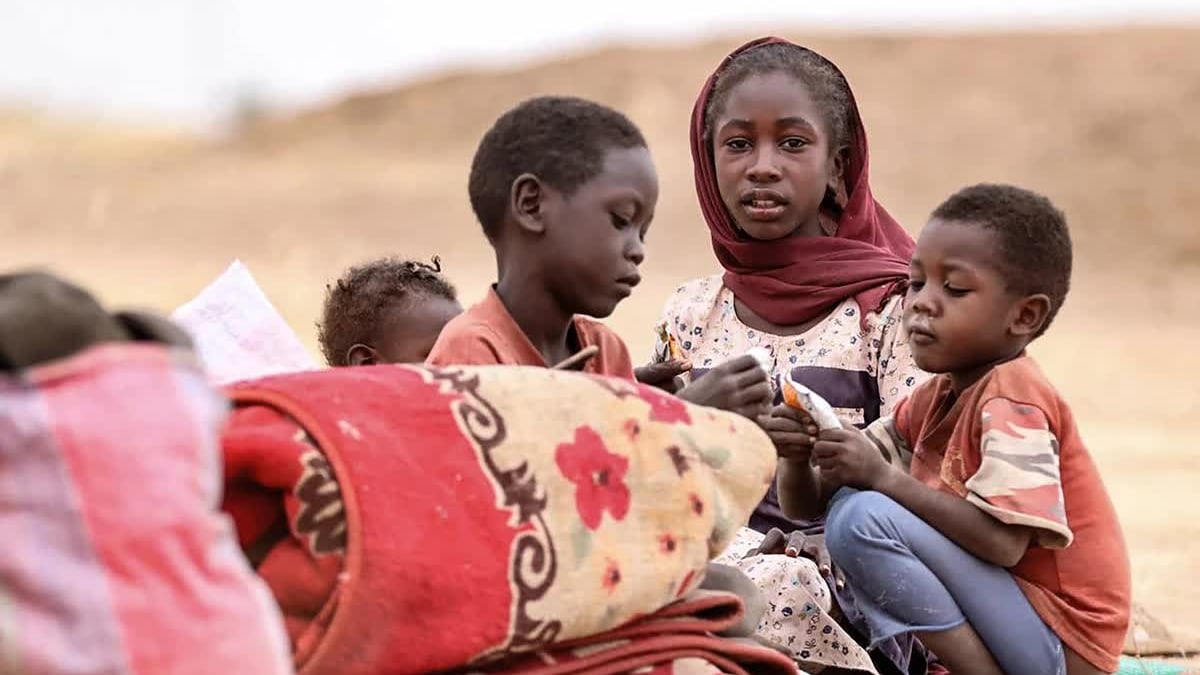
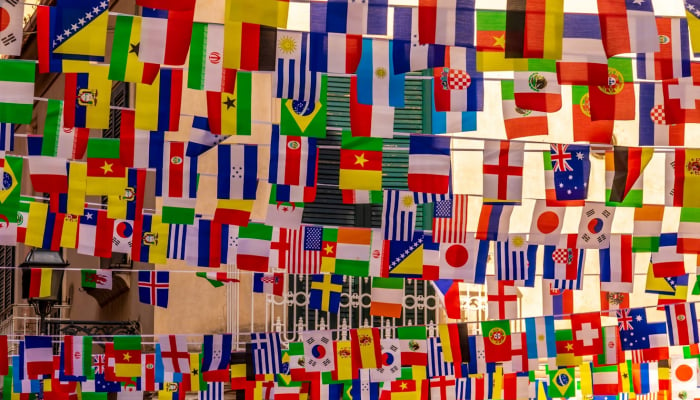

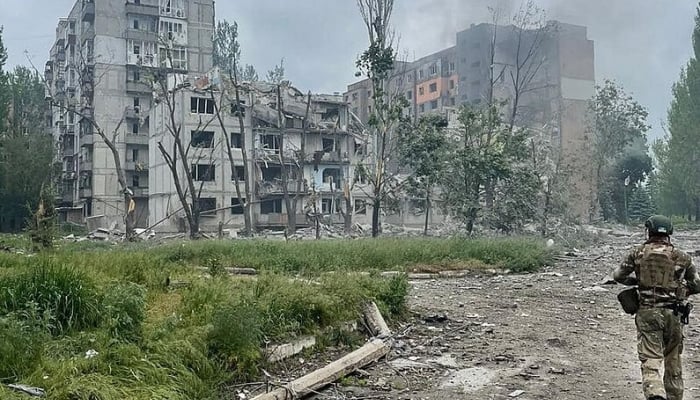
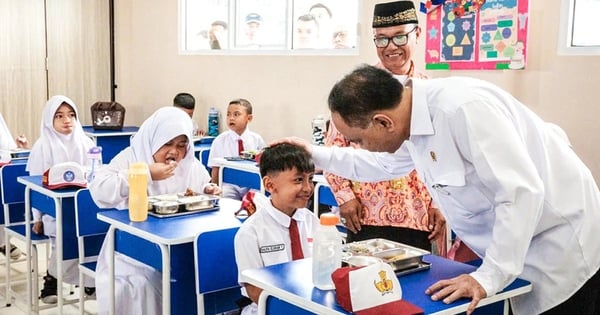

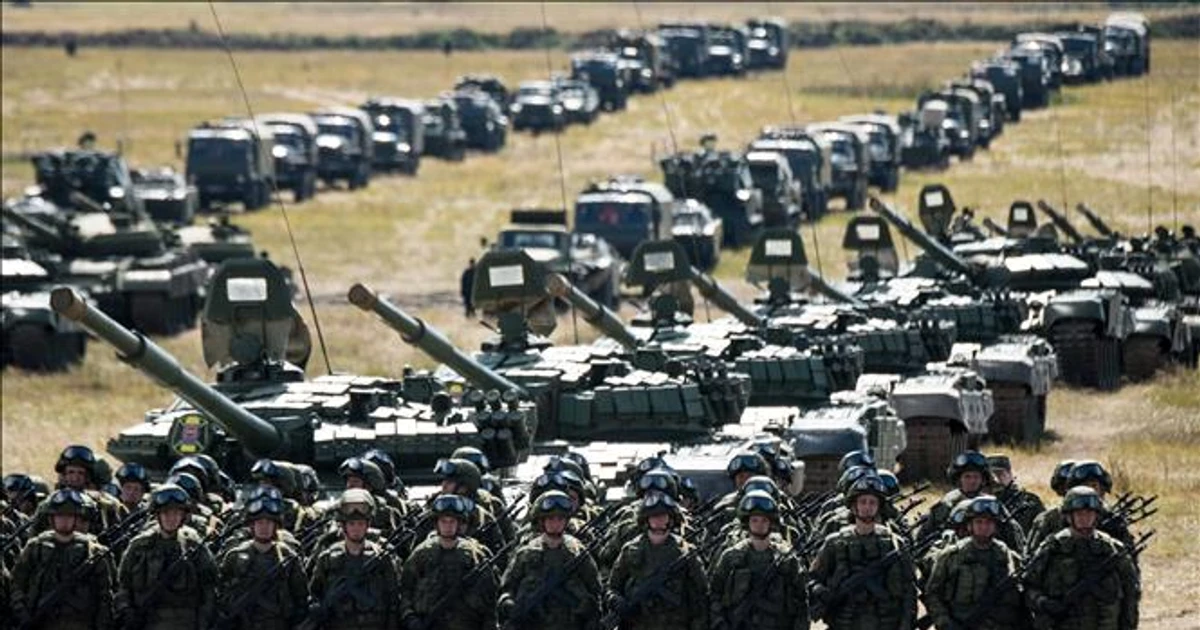

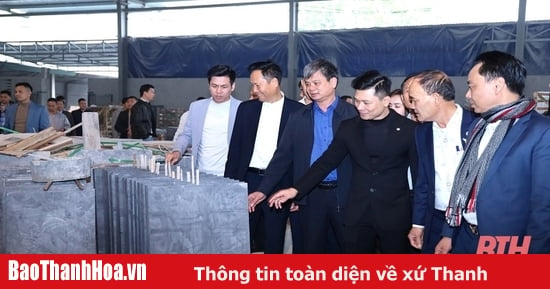





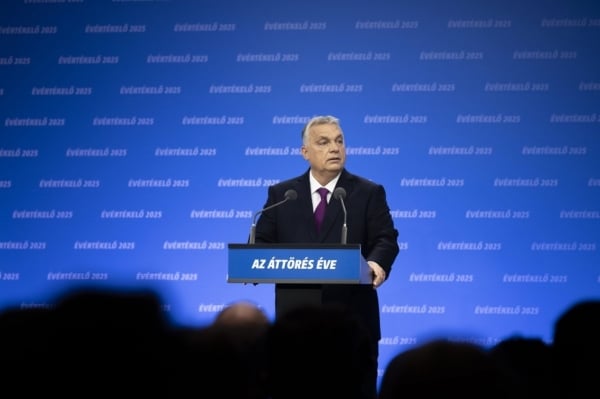



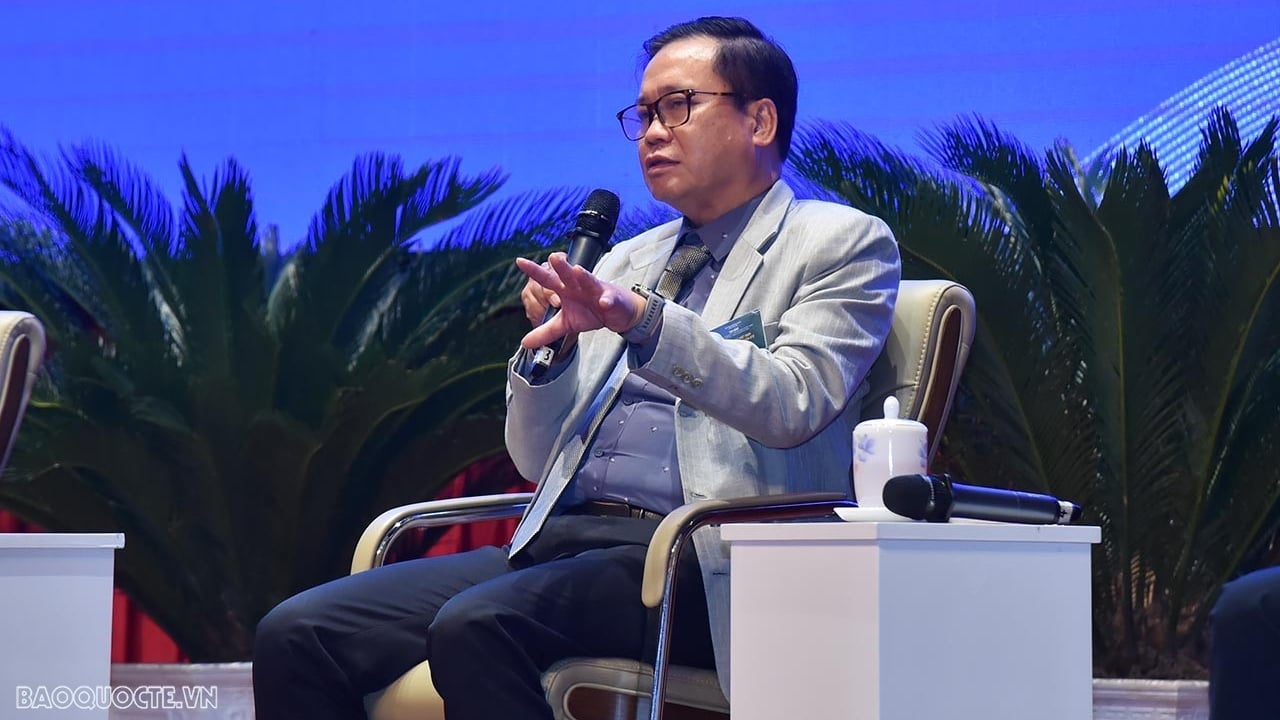

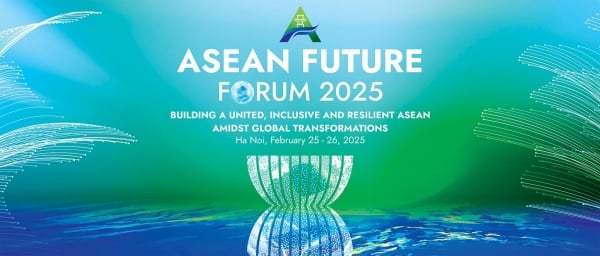











Comment (0)